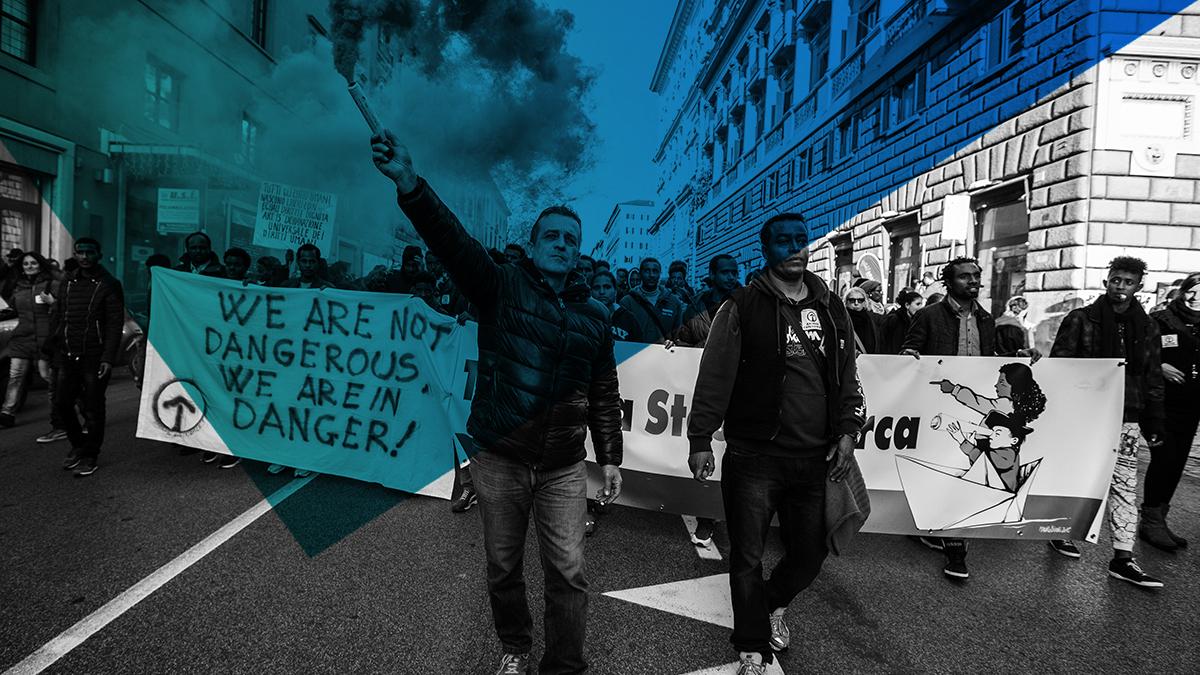The implosion of trust across the globe has been met with echoing voices across California. This sentiment was loud and clear when we surveyed Californians across the state in January 2017. Despite their sunny dispositions, Californians are a skeptical bunch, with trust levels in institutions even lower than the rest of the United States (52 percent vs. 38 percent). The past year has especially soured the outlook of those living in the Bay Area – the area comprising San Francisco and Silicon Valley – with a 10-percentage-point drop in trust compared to last year.
That lack of trust is not cascading into populist sentiment or action as we have seen in other countries. Nearly half of residents feel that “the system is working” for California. And while respondents believe the cost of living (78 percent) and taxes (68 percent) are worse in California, they still believe they’ve got it better than the rest of the country, with over half of the respondents citing quality of life as better than the rest of the country.
It comes as no surprise that Californians generally consider themselves different from the other 49 states and we found that that impression is especially strong in the Bay Area – nearly 3 in 4 adults believe California is fundamentally different than the rest of the United States – and among younger California adults, 55 percent of whom see themselves first as Californian and second as American.
Tech Industry Losing its Halo
Even in the face of protests in California against the Trump administration on issues like immigration, the Edelman research showed surprising alignment on global supply chains and labor, with 80 percent of Californians supporting an increase on taxes for tech companies that move their manufacturing overseas.
What’s worrying Bay Area residents are the negative externalities of the technology industry that has fueled the state’s growth: issues such as traffic, cost of housing and homelessness. These concerns are fueling a growing ambivalence towards the technology sector.
The tech industry has traditionally gone to great lengths to portray itself as the David to the business world’s Goliath, but now 68 percent of Bay Area residents believe that tech companies are part of the corporate fabric of America and believe they’ve gone under-regulated (59 percent). Despite mass adoption of their products and services, Bay Area communities (57 percent) do not feel like tech companies speak for them anymore.
This underscores the need for businesses to not fall into the trap of making decisions based on just political calculus. Speaking out against the latest Executive Order or signing an amicus brief is no longer enough for the employees, customers and communities that companies engage with; they now expect them to actually do something about the underlying issues that concern them.
Ravi Moorthy is managing director, Corporate & Public Affairs, San Francisco.





